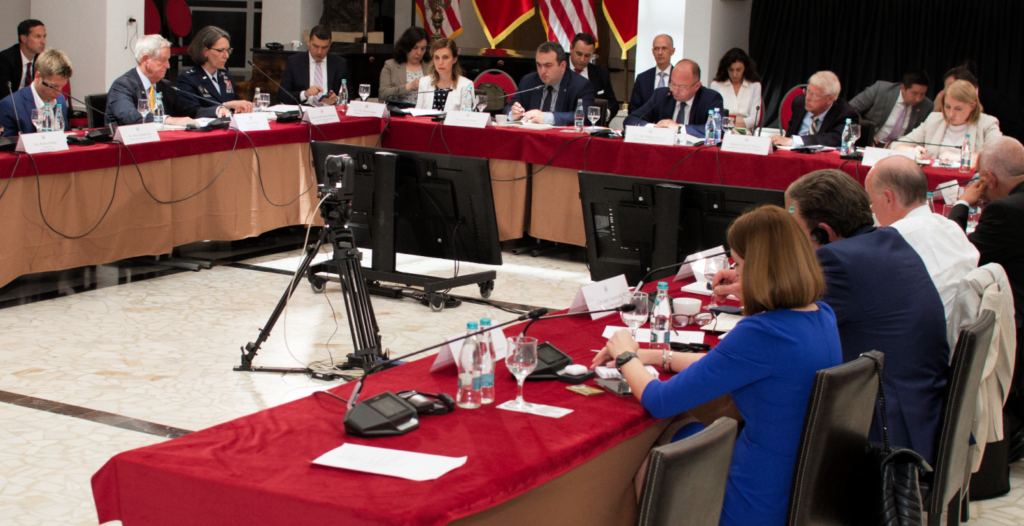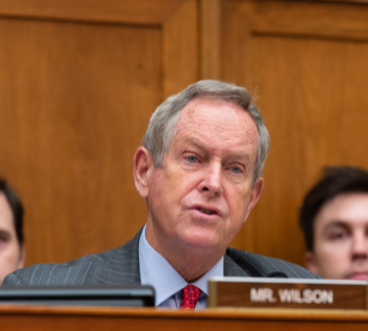Bulgaria
Helsinki Commission Delegation Convenes Historic Bla...
Jul 14, 2022WASHINGTON—From June 29 – July 9, Helsinki Commission Ranking Member Sen. Roger Wicker (MS) led a bipartisan, bicameral congressional delegation to Romania, the United Kingdom, Finland, and Sweden to consult […]

Black Sea Security Summit
Jul 01, 2022A Roundtable Dialogue Hosted by the Commission on Security and Cooperation in Europe On the heels of the 2022 NATO Summit in Madrid, on July 1 the Commission on Security […]
Helsinki Commission to Convene Black Sea Security Su...
Jun 27, 2022WASHINGTON—On the heels of the 2022 NATO Summit in Madrid, on July 1 the Commission on Security and Cooperation in Europe, also known as the Helsinki Commission, will convene its […]

European Energy Security Post-Russia
Jun 07, 2022Russia is weaponizing energy to prolong its unlawful invasion of Ukraine. Unfortunately, the sanctions that Europe and the United States have put in place have not been enough to curb […]
European Energy Security Focus of Upcoming Helsinki ...
Jun 02, 2022WASHINGTON—The Commission on Security and Cooperation in Europe, also known as the Helsinki Commission, today announced the following hearing: EUROPEAN ENERGY SECURITY POST-RUSSIA Tuesday, June 7, 2022 2:30 p.m. Watch […]

Ranking Member Joe Wilson on July 2021 Congressional...
Jul 21, 2021Mr. Speaker, this month, I was grateful to participate in a Congressional delegation of the OSCE Parliamentary Assembly led by Senator Roger Wicker and Senator Ben Cardin. It was inspiring […]
Cardin and Wicker Discuss July 2021 Congressional De...
Jul 21, 2021Mr. CARDIN. Madam President, I take this time to talk about the work of the U.S. Helsinki Commission in a recent opportunity we had to participate in the OSCE Parliamentary […]
Helsinki Commission Delegation Advances Priority Iss...
Jul 15, 2021WASHINGTON—Helsinki Commission Chairman Sen. Ben Cardin (MD) and Ranking Member Sen. Roger Wicker (MS) last week led a U.S. delegation to the 2021 OSCE Parliamentary Assembly (PA) Annual Session in […]
Sweden’s Leadership of the OSCE
Jun 11, 2021In 2021, Sweden chairs the world’s largest regional security organization—the Organization for Security and Cooperation in Europe (OSCE)—which comprises 57 participating States stretching from North America, across Europe, and to […]
Swedish Foreign Minister Ann Linde to Appear at Hels...
Jun 03, 2021WASHINGTON—The Commission on Security and Cooperation in Europe, also known as the Helsinki Commission, today announced the following online hearing: SWEDEN’S LEADERSHIP OF THE OSCE Priorities for 2021 Friday, June […]

